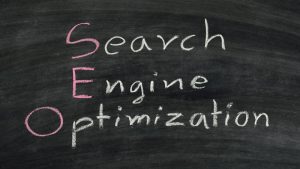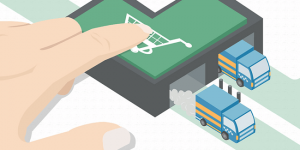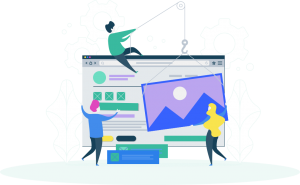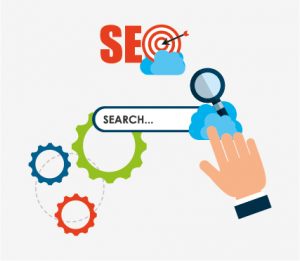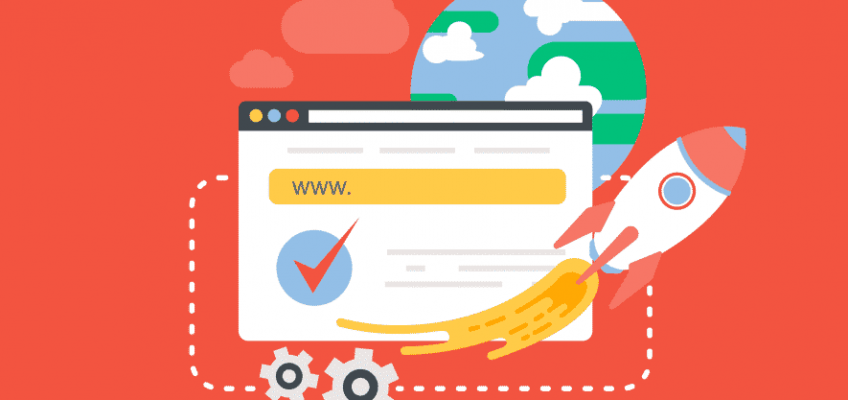
08 May Reasons to fix Your Website Load Time
Page speed is a measurement of how fast the content on your page loads.
Page speed is often confused with “site speed,” which is actually the page speed for a sample of page views on a site. Page speed can be described in either “page load time” (the time it takes to fully display the content on a specific page) or “time to first byte” (how long it takes for your browser to receive the first byte of information from the web server).
Nobody likes a slow-loading website. It’s a major source of frustration for users and a barrier to achieving the desired goal on your website. This is a lose situation for a business and it’s potential customers.
SEO Best Practices
Google has indicated site speed (and as a result, page speed) is one of the signals used by its algorithm to rank pages. And research has shown that Google might be specifically measuring time to first byte as when it considers page speed. In addition, a slow page speed means that search engines can crawl fewer pages using their allocated crawl budget, and this could negatively affect your indexation.
Page speed is also important to user experience. Pages with a longer load time tend to have higher bounce rates and lower average time on page. Longer load times have also been shown to negatively affect conversions.
Google rarely gives SEO’s much information about their ranking algorithms, however, Google came out and stated that page load speed was a factor in how they rank web pages. When you think about it, if Google is recommending a webpage to their users and it turns out to be slow, it’s a bad experience and it makes their platform unreliable – which is not good for business.
There are many other reasons to pay attention to your site’s loading speed. Below we’ll explore the reasons to care, and outline how to measure and fix your page load speeds.
1.Slow Websites kill Conversion Rates
There is a strong correlation between slow page load speeds and poor website conversion rates. A significant percentage of your potential revenue might be getting lost directly due to slow page loads speeds. So, it comes to start paying attention to this!
2.A Fast Website Leads to Efficient Crawling
Not only is a slow website bad for user experience, but it also leads to a bad bot-experience. That’s right, the bigger your website load is and the more resources that are called-on to load a page, it means a less efficient use of your website’s ‘crawl budget’. ‘What is a crawl budget’, you ask? Put simply, Google (and other search engines) allocate a certain amount of its resources to crawl your website. If it takes longer to crawl a web page, then fewer pages will be crawled that day.
3.Slow Page Speed hurts User Experience
As internet users, our attention spans are getting shorter all the time and we’re always eager to move onto the next screen, piece of content or shiny new thing enticing that mouse click or finger-jab. At the same time, our expectations are set very high. If a website doesn’t load in three seconds or less, we begin to question whether it’s worth the wait or not. The longer it takes, the less likely we are to follow through, regardless of our initial intentions. A slow website creates a negative brand experience and it’s essentially leaving money on the table for your business too.
So move forward from your competitors and give a rocket speed to your site with Rocket Page Speed.

